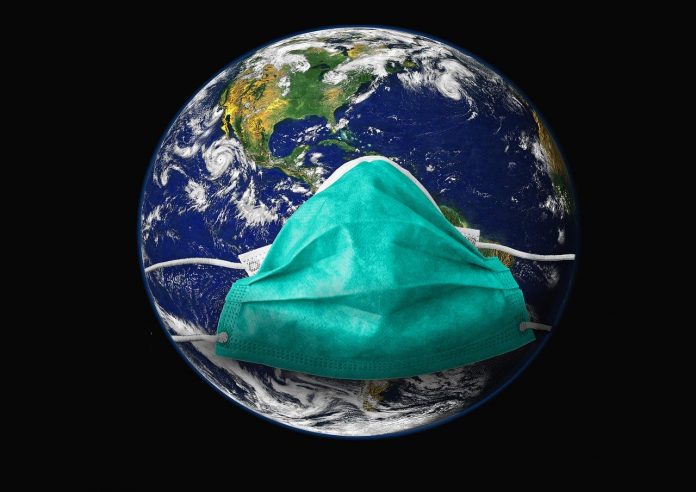A few months back, “Corona” was most popular as a beer and a compact car. Now it’s a word where everyone shatters with fear, irrespective of which country, age, gender or ethnicity, that one belongs to since the virus with the given name has started spreading across the globe like wildfire on steroids! It’s true that we cannot live in fear, as many would suggest. But also, we cannot live with complete ignorance either.
During this epidemic, most countries in the world have closed down the airports, even shut down their countries from spreading the condition. However for certain people who has no choice but has to travel despite the pandemic for any reasonable obligation, it is always best to be prepared and informed about the situation, it is absolutely necessary if decide to be on the move.
In this article, we are planning to cover the most important topics which we thought might be more than useful when you pass the devil’s cave, the COVID-19.
What is Coronavirus?
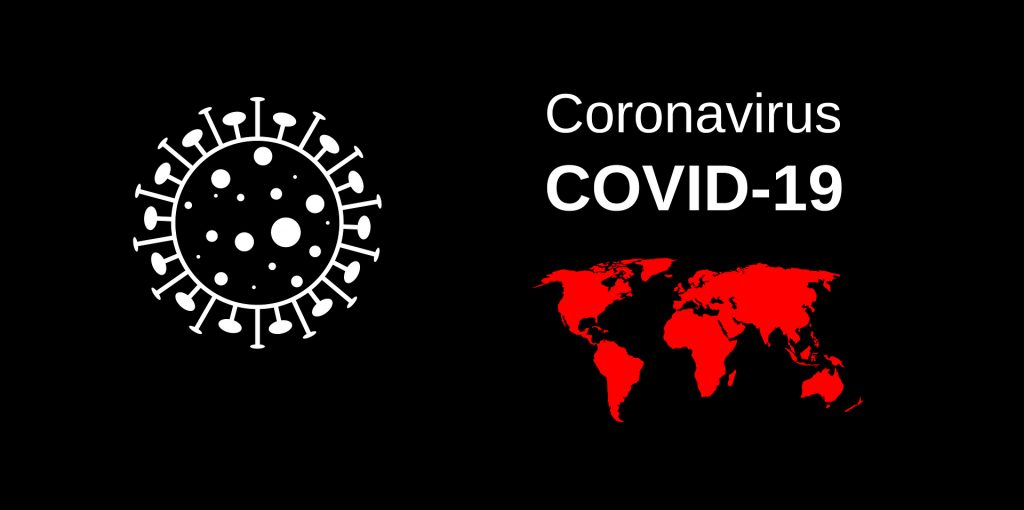
Despite the popular belief, coronavirus is not just one type of a virus-like “smallpox” or “rabies” and is a group of viruses which usually cause diseases in birds and mammals. For humans, normally, it may cause ignorable health issues such as minor respiratory infections and common colds. However, there are few coronavirus disease variations which can be lethal to humans, such as SARS, MERS and COVID-19.
Coronavirus got its name due to its appearance. Under a microscope, the virus appears to have pointed protein structures around it, giving it the appearance of a crown or a solar corona. The word – “corona” in Latin, means “crown”, hence the “matching” name.
What is COVID-19?
COVID-19 is a lethal variation of coronavirus discovered in 2019. While the disease is named as COVID-19, which was previously known as “2019 novel coronavirus”, the virus which causes this lethal disease is identified as SARS-CoV-2, (severe acute respiratory syndrome coronavirus 2). This virus is genetically related to the coronavirus variation which was responsible for the worldwide SARS outbreak in 2003.
Note – If you’re confused about why there are two names for the disease and the virus, while viruses are named after their genetic structure, for the purposes of tests, vaccinations and medicines, diseases are named to easily identify symptoms, treatments, spread and prevention. You may be surprised to know that it’s common practice to name them separately, for example, HIV is the virus that causes the disease – AIDS. Rubeola is the virus that causes the disease measles.
SARS-CoV-2 was first identified in November 2019 in Wuhan, China. Although, the emergence of the new virus was announced in December 2019. Inconclusive earlier studies have linked the virus to a “wet market” in Wuhan, which sells live and dead animals, including birds and types of fish. The densely packed markets with poor hygiene have a high probability for potential viruses and other diseases to jump from animals to humans. Although the primary source for the outbreak is yet to be identified, it’s believed to have originated from bats. Although bats aren’t sold in Wuhan wet market, diseases from bats may have infected poultry or other live animals sold in the market. However, the primary reason has not been conclusively identified yet, as of now.
How is COVID-19 spread?

All types of coronaviruses (including COVID-19) are spread in the following ways:
- Through respiratory droplets created when a sick person coughs or sneezes. (Direct inhalation)
- If a person touches any surface with the virus on it and touches his/ her face /nose /mouth /eyes without properly washing their hands.
SARS-CoV-2 is identified as “community-spread” which is a virus that is easily spread in a community. Also, the virus is known to be more contagious when the sick person is most symptomatic.
What are the Symptoms of COVID-19?
Common Symptoms can be Identified as:
- Fever
- Cough
- Runny nose
- Shortness of breath
- Sore throat
The symptoms may vary from mild to severe and these are known to surface between 2-14 days after exposure. Serious symptoms may include:
- Difficulty in breathing
- Persistent pressure or pain in the chest
- New Confusion or Inability to arouse
- Bluish lips or face
Who are Most at Risk of a Serious Illness?
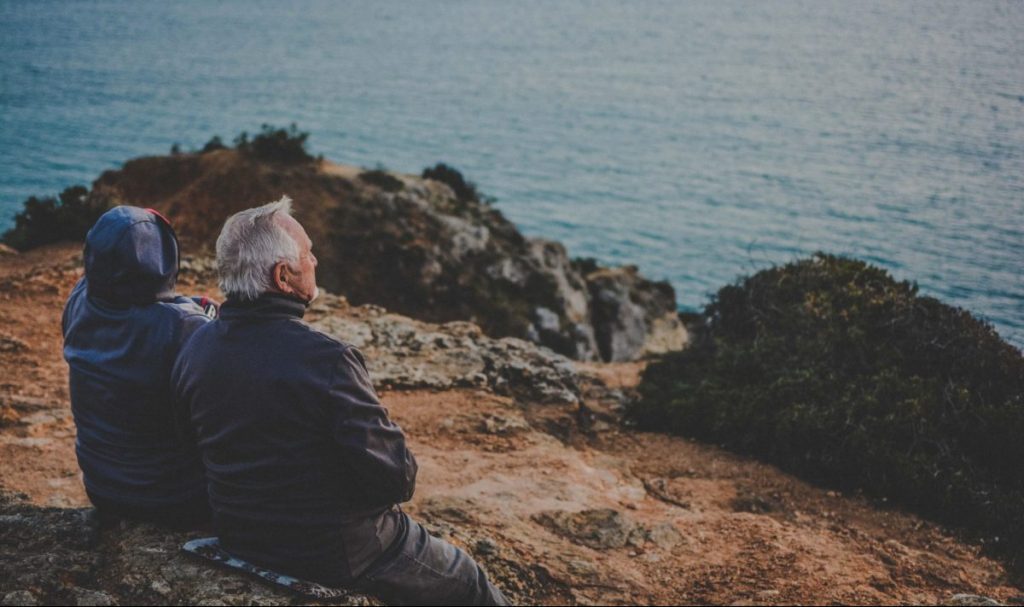
Just because you got the virus, it doesn’t necessarily mean that you’d get sick. It may depend on the individual’s immune system. Some people who have the virus might not get sick at all. Some might show mild symptoms while some might get ill, quickly. However, the following personnel are at most risk:
- People with immune system issues (Ex. People with cancer)
- Elderly people
- Infants and very young children
- People with chronic medical conditions
Testing for COVID-19?
If your current community has identified COVID-19 cases and if you or one of your family members seem to have one or more symptoms, you should contact your healthcare official as soon as possible. They would determine whether you need to be tested for the virus specifically.
There is no specific cure for COVID-19. Antibiotics of any kind are not effective against viruses. But with supportive medical care, most of the symptoms can be treated.
Is COVID-19 an “Epidemic” or a “Pandemic“?
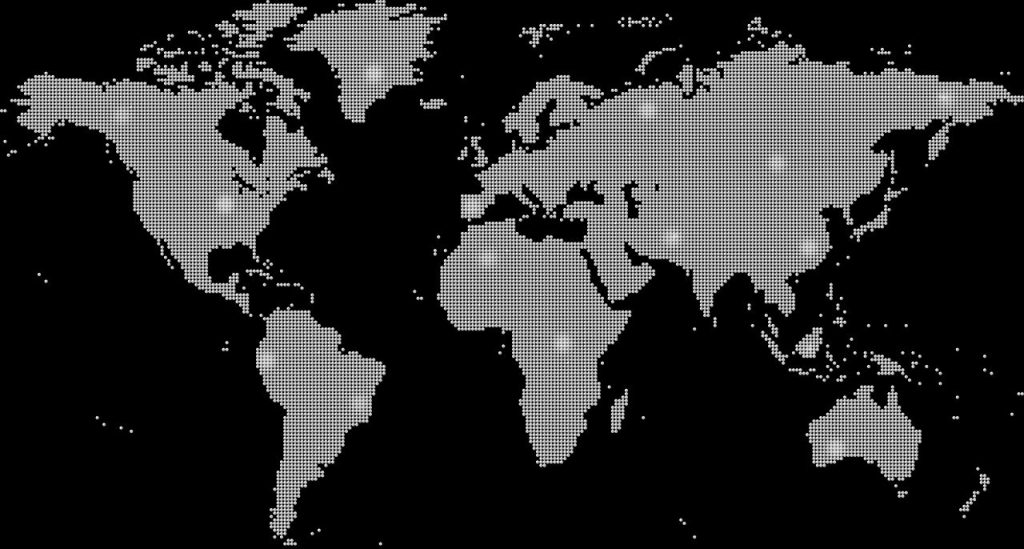
Although these two words sound the same, they mean two different things. COVID-19 was earlier identified as an “Epidemic”, which is a disease outbreak that spreads quickly and affects many people at the same time. The word “Epidemic” is usually used for any disease which is grown out of control, which actively keeps spreading.
On March 11, World Health Organization named COVID-19 as a “Pandemic”, which is an epidemic that has spread across a large geographical region, a continent or even across the world. By naming the viral outbreak a pandemic, WHO had declared it as a “worldwide phenomenon”. However, please note that by naming it a “Pandemic” it doesn’t mean that the viral outbreak has become deadlier. It only means that its worldwide spread is acknowledged.
According to recorded history, the world has had more than 20 pandemics, such as Black Death (200 million deaths), New World Smallpox (56 million deaths), Spanish Flu (40 – 50 million deaths) etcetera. The most recent ones are Swine Flu (200,000 deaths), SARS (770 deaths), Ebola (11,000 deaths), MERS (850 deaths), COVID-19 (7500 deaths and rising) and AIDS (25 – 35 million and rising).
COVID-19 and Travelling
Safety Precautions Before Travelling
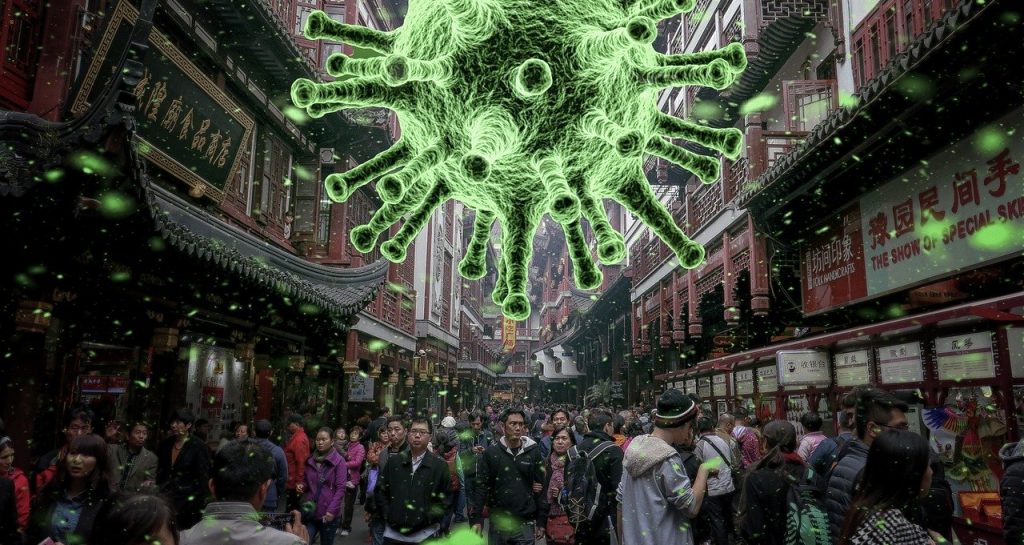
- Age and pre-existing medical conditions: If you’re older, have pre-existing medical conditions like diabetes, heart diseases, asthma etcetera, or if you’re to travel with an infant or a child or someone with the above-mentioned situations, you might have to rethink about postponing your travel plans. As per the currently existing cases, people in these categories could get severely ill in the unfortunate event of catching the virus. Hence, it’s advisable to not take a risk unless it is extremely necessary.
- Make sure you’re in good health: If the above is not applicable to you, then make sure that you are well and in perfect health. If you are not, and tend to display at least one of the above-mentioned symptoms, you have to inform relevant healthcare officials, go through relevant tests if required and make sure that you’re fit to travel. However, the best advisable action is to stay at home for at least seven (7) days, until the symptoms fade away. In the events of the symptoms not getting better in 07 days, health condition getting worse or feel like you cannot cope with the symptoms on your own, then you should contact relevant healthcare officials.
- Travel advisories: When there are concerns regarding travelling to a particular country or a region, individual governments issue travel advisories regarding travelling limitations, threats involved, pre-travel advises, concerns etcetera. Go through the travel advisories regarding the country/ region you’re planning to visit, thoroughly. Make sure that you comprehend everything correctly. Based on this, you may decide whether to continue or cancel your travelling plans.
- Entry restrictions: With the prevailing health concerns, many countries have established entry restrictions from certain countries, restrictions to enter or travel through the third country, screening methods such as temperature checks and questionnaires or even mandatory quarantines. Make sure you get to know the kind of measures that your travel destination has established, to avoid unexpected surprises. If your travel agent is unable to provide you all relevant information, you can always receive updated information from the local immigration authorities, embassies, high commissions or consulates.
- Air travel restrictions: You may have already purchased your air ticket months ago. However, some airlines may have stopped or limited flights to your destination, due to altered company or government policies because of COVID-19. Make sure that you’re always up to date with the latest information.
- Cruise Ships: If you’re above 70 years of age or have prevailing serious medical concerns, it’s always better to cancel or postpone your planned cruise ship voyage. In case of a possible COVID-19 outbreak onboard, cruise ship could be a healthy breeding ground for the virus. Hence, there’s a possibility that your vacation is disrupted, in case of such an event. However, The Cruise Line International Association (CLIA), has adopted finer health policies, which also include clauses on whom to be permitted to enter the cruises. It’s always best to contact your travel company or the cruise line itself, prior travel.
- International Educational Trips: Most governments and education authorities have advised against educational trips of children below 18 years of age. This is applicable for both local and international tours.
- Travel insurance: It’s always good to get travel insurance. Contact your travel insurance provider and clarify your questions. Have a clear idea about what is covered under the insurance and what is not.
- Protective items: If you’re travelling abroad, do not forget your safety items such as masks and hand-sanitizer.
- Prepare for unplanned financial and logistical changes: In the possible events of you or a fellow travel-mate getting sick, in the event of the destination country’s travel advisories would change, or in the event of something similar, make sure that you can accommodate any financial or logistical alterations to any existing plans. Be prepared to stay abroad for a longer period of time, in the unfortunate event of an unexpected situation.
- Take extra medication with you: If you’re on continuous medication (and if your illness does not fall under the concerns list) it’s better to take the additional medication with you, in the event of an extended stay.
Safety Precautions While on the Move
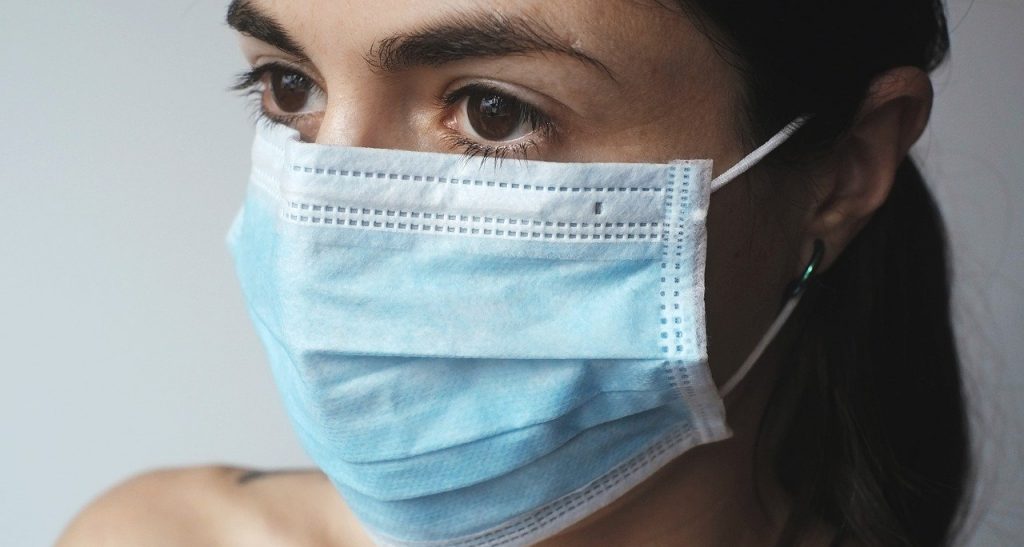
When you’re travelling, you have to think about a lot of criteria to keep yourself protected. Let’s look at what they are:
- Protective items: If you’re travelling, hand sanitizer is essential. Keep it in an easily accessible place, like in your pocket or in your handbag. If it’s close-by, chances are that you’d use it regularly, as opposed to it being stored safely inside your backpack or hand luggage. Although masks would not be much useful since COVID-19 is not airborne, you can still use a mask to protect yourself from an infected person sneezing or coughing directly on to you, as well as to prevent your own self from touching your own face, which we usually and unintentionally tend to do.
- Wash your hands: Make sure that you wash your hands frequently. Washing hands with soap or hand sanitizer could destroy any harmful bacteria or viruses on your hands. The wash should not be brief and the widely-accepted time is 20 seconds per wash. If you don’t want to count these 20 seconds, sing “Happy birthday to you” song twice, while washing your hands.
- Avoid touching your face: Avoid touching your face, nose, mouth, eyes with unwashed hands.
- Maintain social distancing: One of the easiest ways to be infected is inhaling infected liquid droplets released by a cough or a sneeze of an infected person. If you keep a general distance of at least 1 meter (3 feet), there’s a lesser probability of you to be infected by this method.
- Keep checking updated travel advice: Due to the daily-increasing nature of the COVID-19 outbreak, travel advice might update quite often. When you’re travelling in a foreign country, keep checking them and keep yourself updated with the latest information.
- Use less public transport modes (when possible): It’s not easy to avoid public transport and requesting reduced public transport usage is not fair either. But nevertheless, when using public transport, it might not be easy to keep the recommended 3 feet distance, thus it may put you at relatively more risk. Hence if you’re using public transport, better to use a mask and also use hand-sanitizer once you get off the bus/ train/ metro. Public transport authorities are already taking increased sanitizing methods in their modes of transportation.
- Go cashless: Cash, anyway, passes from hand to hand, transferring different kinds of bacteria. Although using cash won’t make you prone to COVID-19, not using cash for transactions may eliminate one way of transmitting the disease. While normal credit and debit cards have the same effect as cash, using “contactless” credit and debit cards which never would have to leave your hand, are believed to be the best method of making transactions. However, if you’re using normal credit/ debit cards or cash, it still is perfectly fine, as long as you wash your hands thoroughly.
What to Do If You Had Close Contact with a Confirmed COVID-19 Case?
This section is applicable for cases which one has close contact with a COVID-19 case, both locally and internationally.
- Don’t panic: First of all, do not panic. You may not have caught the virus in the first place! Think about yourself and the others, since panicking won’t help anyone.
- Isolate yourself at home/ hotel room: This is the second most important thing to do if you get to know that someone whom you’ve had close contacts with is identified as a confirmed COVID-19 case. Don’t go to work, school, university, parks, malls etc. and stay at home or the hotel room. It’s very important that no one else is invited to the house/ room. If you’re at home, get someone else (who is not required to be isolated) to bring you necessities. If you’re staying in a hotel, make sure that you have informed the management that you’re on self-isolation. If you’re at a hotel room, you can request the hotel management to get you your necessities, including meals. It’s important that you don’t leave the hotel room and that you have your meals inside the room as well. Avoid the lobby, bar, swimming pool and other common areas at all costs! Make sure that you’re in self-isolation, in the room for 14 days.
- Avoid sharing household items: Even though there are other people (who are not believed to be infected) living in the same household, make sure not to share household items with them.
- Inform your school/ university/ workplace: You should not visit these places for the next 14 days. Hence, you’d better inform these places that you had close contact with a confirmed COVID-19 case, and you are in self-isolation for the next 14 days. Cancel or postpone all your upcoming meetings, social gatherings and other events in your schedule for the next 14 days.
- Call ahead if you are visiting the doctor: If you plan to visit the doctor, make sure that you call ahead and get an appointment so that the clinic can take necessary steps to prevent other people from getting sick.
- Wear a facemask: Make sure that you wear a facemask to protect the ones around you. When throwing away a used facemask, make sure to use a trash can with a closable lid.
- Cover your coughs and sneezes: When you cough or sneeze, make sure to cover your mouth and nose with a tissue. Throw the tissues into a trash can with a closable lid. Make sure that your hands are washed afterwards.
- Clean your hands often: Clean your hands for 20 seconds with water and soap or with hand sanitizer, often.
- Wash laundry thoroughly: Make sure that your clothes/ bed sheets etc. are washed separately, and thoroughly. If any bodily fluids, blood or stool touch your clothes or bedsheets, make sure to remove them immediately and washed thoroughly.
What if You Start Displaying Symptoms?
This section is also applicable for cases which one may start developing matching symptoms, in your own country as well as while travelling abroad.
- Do not panic: If you start developing symptoms within the 14 days of self-isolation, or even earlier, do not panic.
- Visit the doctor: You should arrange to meet your doctor immediately, for urgent assessment. As mentioned above, make sure that you call and request for an appointment, to prevent others from getting sick. Use a mask and all safety precautions, while avoiding having close contact with others. Make sure that you tell your doctor about your travel history, being in close contact with a confirmed COVID-19 case, your own medical history etcetera. Some countries may have special hotlines dedicated for this task. Then you might not have to go to the doctor, since these specially trained units may come to your doorstep for evaluation and even extraction, if necessary. But that may depend on the emergency response policies of the particular country.
- Quarantine: If you are found positive for COVID-19, based on the relevant country’s healthcare regulations, they might transfer you to be quarantined for your own and others’ safety. You might have to be hospitalized as well. Make sure to inform your insurance company, travel agent, airline, consulate or embassy, as soon as possible.
Things to do after travel
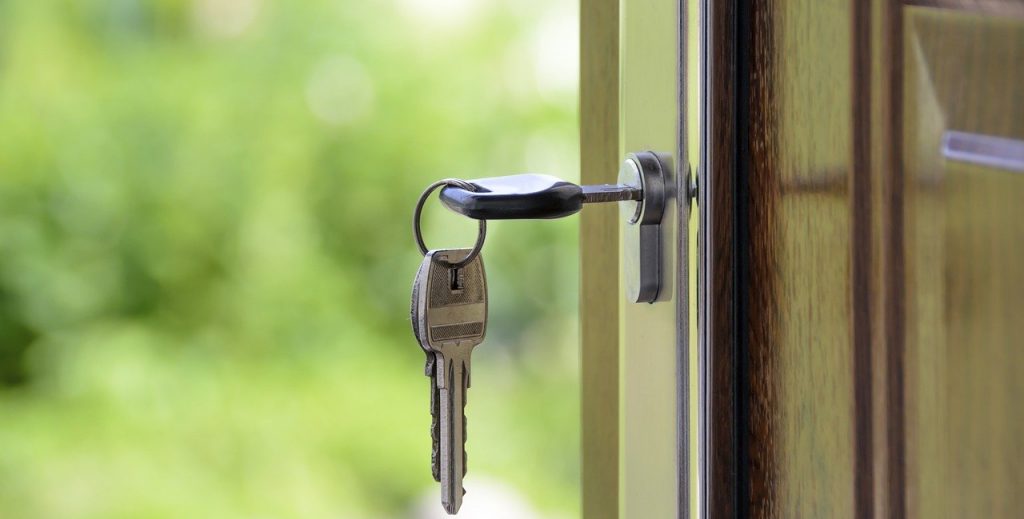
- Wash your hands thoroughly: Wash your hands thoroughly, with soap and hand sanitizer, as soon as you come back to the airport. You’ve been in a foreign airport and an aeroplane which is obviously exposed to a lot of people. Always better to do this as a precaution.
- Support screening activities: Depending on the individual government policies, screening methods for COVID-19 followed at airports may differ. They could range from questionnaires to temperature checks or other screening methods. Make sure that you provide honest answers and you give the utmost assistance to these screenings because they are established for the safety of your own and others as well.
- Support quarantine: As precautionary measures, some countries have established mandatory quarantines if travelled back from certain countries known for serious COVID-19 outbreaks. Make sure that you provide your full support for these activities. If you’re requested to be quarantined, avoid having close contact with others, including your friends or family who has come to the airport to pick you up. Call them and explain the situation. Even if you get the chance to physically meet them before quarantine, keep your distance and never have physical contact. Also, avoid exchanging any items between two parties either. Not only yourself, but your clothes, accessories, belongings and luggage would also have to be sterilized using relevant methods since everything could be infected already.
- Meeting others at the airport: If you pass the screening tests and are allowed to go home and if any friends or family have come to pick you up from the airport, avoid the urge to handshake or hug. Without displaying any symptoms, you still may have got infected, or your clothes or other belongings may have got exposed to the virus. Keep a distance and keep wearing a mask. Use hand sanitizer as frequently as possible.
- Just after coming back home: Same applies for any family member waiting for you at home. Avoid having personal contact, at least until you have got rid of the clothes (to be washed separately) and have a very good bath. This is assuming that you travelled back from a low-risk country, you have passed airport screening, you are in perfect health condition and you were not requested to be in self-isolation.
- Self-isolation: In some cases where you may pass the screenings at the airport, yet requested to stay indoors for the next 14 days, adhere to this request. Follow steps mentioned under the “self-isolation” section. Keep an eye out for any visible symptoms. Also, check your temperature at least twice a day. If you start developing symptoms, contact relevant healthcare officials immediately.
High-Risk Countries
The rate which COVID-19 spreads is astonishing, given that it’s not even airborne. This pandemic has already infested each and every continent of the world, except Antarctica! At the moment, according to the World Health Organization, it has spread over 150 countries, with over 180,000 confirmed cases and over 7,500 deaths. While the confirmed case count seems to be increasing by the day and by the hour, the following is a list of high-risk countries, based on the number of currently confirmed cases.
Countries with more than 10,000 confirmed COVID-19 cases:
- China
- Italy
- Iran
- Spain
Countries with more than 1,000 confirmed COVID-19 cases:
- Korea
- France
- Germany
- United States of America
- Switzerland
- United Kingdom
- Netherlands
- Belgium
- Norway
- Austria
- Sweden
Countries with more than 100 confirmed COVID-19 cases:
- Denmark
- Japan
- Diamond Princess (Cruise Ship)
- Malaysia
- Portugal
- Qatar
- Canada
- Czechia
- Austria
- Greece
- Finland
- Israel
- Slovenia
- Singapore
- Brazil
- Bahrain
- Estonia
- Ireland
- Poland
- Pakistan
- Philippines
- Romania
- Iceland
- Thailand
- Indonesia
- Egypt
- Chile
- Iraq
- Luxemburg
- India
- Saudi Arabia
- Kuwait
- Lebanon
- San Marino
- Peru
- Russia
- United Arab Emirates
- Ecuador
To check more updated results, please visit this link
To sum things up, COVID-19 is neither the most dangerous pandemic the world has ever seen nor the deadliest pandemic currently active (this position is taken by AIDS). However, in recent history, there was no other pandemic which has rapidly spread on a global scale, such as COVID-19. While at this stage, travelling is to be avoided if not extremely necessary. And if your trip is urgent and important in nature, make sure that research well about your destination and its health and travel policies, be well-prepared in advance, take necessary measures while touring and also take necessary actions after coming back home. The virus is not airborne and is a community-spread in nature. Hence if the community is being careful, we can stop it from spreading. It’s essential that everyone follows preventive measures and if you start displaying symptoms, take the necessary actions to stop it from spreading to someone else. In the end, it’s up to you and me, to save our families, our neighbourhood, our city, our country and our world.
- If you believe this article helped you to learn something share this for others
- read similar travel-related articles here

